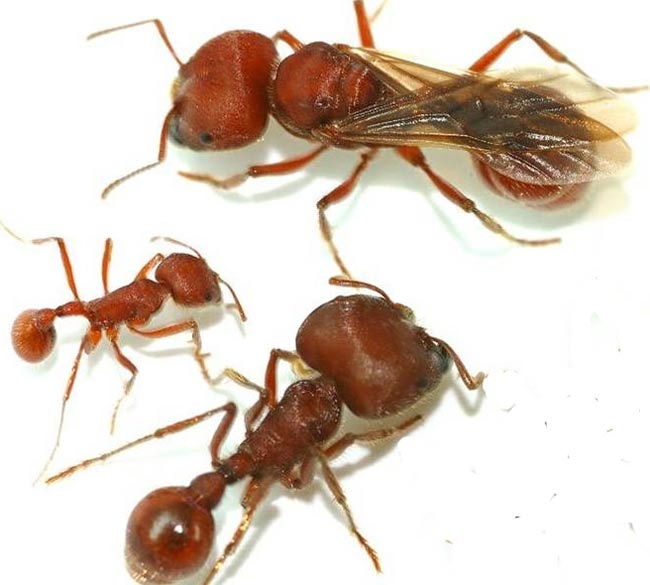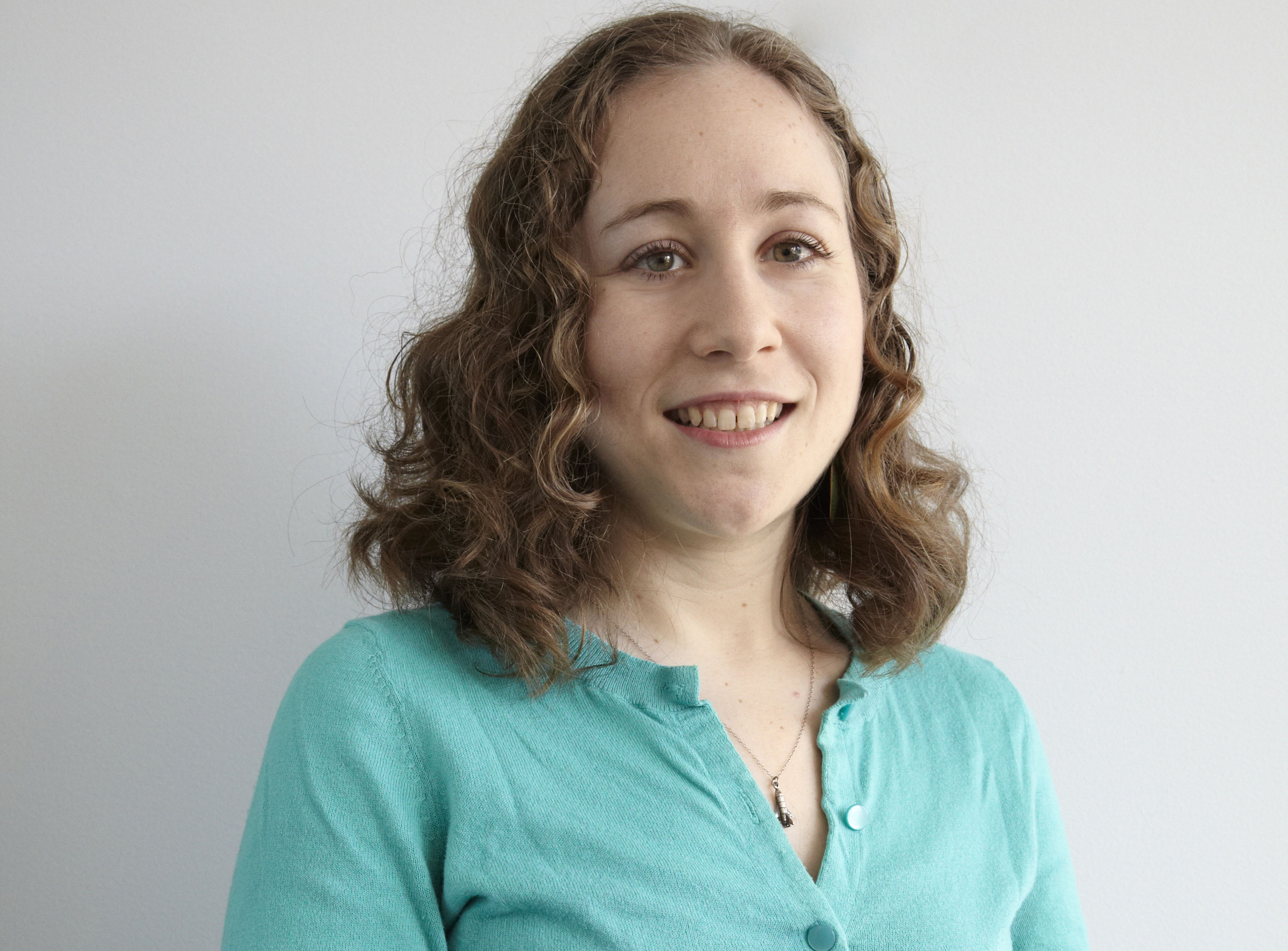Keys to Ant Social Status Found

Whether an ant becomes a dominant queen or a lowly worker is determined by both nature and nurture, it turns out.
A new study found that an ant's social status in its colony depends both on its genetic inheritance and the food it eats when it is young.
Researchers studied Florida harvester ants (Pogonomyrmex badius) to investigate what factors decide a particular ant's social caste.
"Basically what we found is that things are more complicated than previously thought," said researcher Christopher R. Smith, a former graduate student at the University of Illinois at Urbana-Champaign and now a postdoctoral researcher at Arizona State University. "Our study shows that there is a large genetic component to caste determination, but that there is also a very strong environmental component."
The study, led by University of Illinois at Urbana-Champaign biologist Andrew Suarez, was detailed in the August issue of the journal American Naturalist.
Males just mate and die
In P. badius societies there is only one social trajectory for males — they are produced about once a year and "do nothing but mate and die," Smith said.
Get the world’s most fascinating discoveries delivered straight to your inbox.
For females, there are three social endpoints: Some, called gynes (pronounced "jines") are destined to become queen, while others will sort themselves into two kinds of worker ants: the majors and the minors. Gynes weigh in about eight times heavier than minors, while major workers are about four times heavier than minors. Majors, however, only account for about 5 percent of worker ants.
To parse the genetic influence on caste, the scientists conducted paternity tests on 1,200 ants from eight different colonies. They found that some lineages conferred an advantage, as the offspring of some fathers were more likely to become gynes while the descendants of other males were more likely to become workers.
The biologists also investigated the role of nutrition in determining social status by analyzing the diet of ants in the pupae stage of development — on their way to becoming adults from larvae. If an ant had eaten a more carnivorous diet, farther up the food chain, then its body would have more of a specific type of nitrogen than an ant that had eaten more plant than animal food sources.
It turned out that gynes had the highest nitrogen content, meaning they were eating higher on the food chain than major workers, who in turn had more nitrogen in their diets than minor workers.
At this point, the researchers can't say for sure if the diet of the developing ants helped cause them to develop into one caste or another, or if the dietary differences set in after the individual had already split off along a certain trajectory, since caste is determined some time during the larval stage.
"All the evidence so far indicates that these qualitative differences in nutrition are causal in determining caste, though we're missing the final link in order to determine if it was casual," Smith said.
Questions remain
Though the scientists found that both nature and nurture seem to play a role in determining an individual's caste, they don't yet understand the details of how these factors work. Perhaps both genetics and nutrition can fuel a hormonal response that determines whether an ant develops into a worker or a queen, the scientists suggest.
While a few social insect species determine caste completely by genetics — the offspring of one male will all become queens while the children of another male will all become workers — the scientists think their Florida harvester ant findings may apply to many different species.
"I would say it’s a mix in all species," Smith said. "There are some cases where nature completely wins out. But all of this is telling us there's a nice interaction between nature and nurture across most social insects."
He said it is evolutionarily beneficial for a species to allow both forces to influence social status. "The benefit to the colony in having the nurture part is that it allows flexibility," Smith told LiveScience. "They can quickly and easily change what caste they're producing to fit their environment better. But having the nature component benefits the individual, because it can bias its development toward becoming reproductive. It's a balance between what the individual wants versus what the colony wants."
The research was funded by the Clark Fund, Program in Ecology and Evolutionary Biology at the University of Illinois, University of Illinois Graduate College, Banks and Emerson Memorial Funds, and National Science Foundation.
- Why Ants Rule the World
- Image Gallery: Ants of the World
- Nature vs. Nurture: Mysteries of Individuality Unraveled



